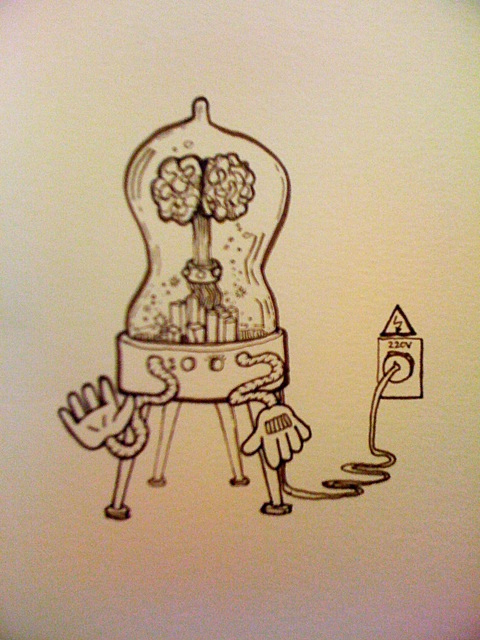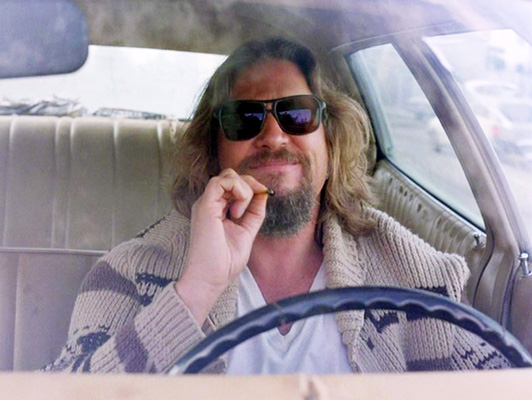 Last week’s Poop Scoop made an argument for pursuing your wants. It claimed that in the pursuit of happiness, your wants are just as important as your needs. I stand by my argument. HOWEVER…
Last week’s Poop Scoop made an argument for pursuing your wants. It claimed that in the pursuit of happiness, your wants are just as important as your needs. I stand by my argument. HOWEVER…
The human condition leaves us with potentially unlimited wants. This is problematic. With unlimited wants comes the reality that our universe has limited resources. Many of our wants cannot be filled. It is the classic problem of economics.
But I’m not here to discuss economics. I’m here to discuss happiness, and the danger that unlimited wants poses to its pursuit. If we can’t fulfill our wants, we may never be happy!
For example, the following is an incomplete list stuff I would like to get out of life:
- Share a bottle of 50 year Macallan Scotch with family and close friends
- Go back in time and follow Iron Maiden’s Beast on the Road Tour; get hammered with Steve Harris backstage.
- Arrange a three-way, pay-per-view cage match between Ruth Bader Ginsburg, Clarence Thomas, and the reanimated corpse of Antonin Scalia. Share a beer with Ginsburg after she wins.
- Marry Taylor Swift.
- Successfully hunt a bull elk, caribou, and moose. Bonus: have a beer with the boys after the hunt.
- Total 1700 pounds raw in the Squat, Bench, and Deadlift.
- Make a pilgrimage to the holy land (Scotland) and give homage to the distilleries. This will include a side-trip to Bushmills in Northern Ireland.
- Go to the top of the mountain from Rocky IV and scream “DRAGO!!!!” Record and post it to Instagram.
It should be obvious that some of these are unattainable. Others require participants that may be unwilling to go along. Even the reasonable ones, like marrying Taylor Swift, would still be challenging.
In a world of unlimited wants, what are we to do about the pursuit of happiness? Even if all our wishes come true, newer, bolder desires will be just around the corner.
I am not the first person to think about this problem. It is a theme in Homer’s Iliad. Socrates discusses this, among other things, in his dialogue with Gorgias. Even the eastern traditions discuss it in The Bhagavad Gita and The Dhammapada, albeit with less logical rigor.
Upon both reading these discussions (or using your intuition), we know that limited resources will always be an issue. We also know that humans will never cease in desiring people, places, or things. The only readily available solution is to place reasonable limits on our wants, and take great pleasure in the ones we can obtain. This is how we prevent us from losing ourselves in the pursuit of happiness.
For example, I know that liquidating in my Roth IRA for a 50 year Macallan is completely out of the question. However, I can still take great pleasure in enjoying the lesser whiskies with family and friends. I may also never get the chance to hunt moose, elk, or caribou, but I can still take great pleasure in hunting deer and elephants. Taylor Swift may divorce me in the end, but it would be a great 6 months, and there are more fish in the sea.
In the end, we cannot obtain everything we want. But we can choose a limited number of worthwhile wants and lose ourselves in their pursuit. In the end, we may end up content with life.
Thanks for reading. Now get off the toilet.

 (A photo of my weekly beef-purchase from Walmart. Those tubes are five pounds each. There’s a reason vegans hate me.)
(A photo of my weekly beef-purchase from Walmart. Those tubes are five pounds each. There’s a reason vegans hate me.)
